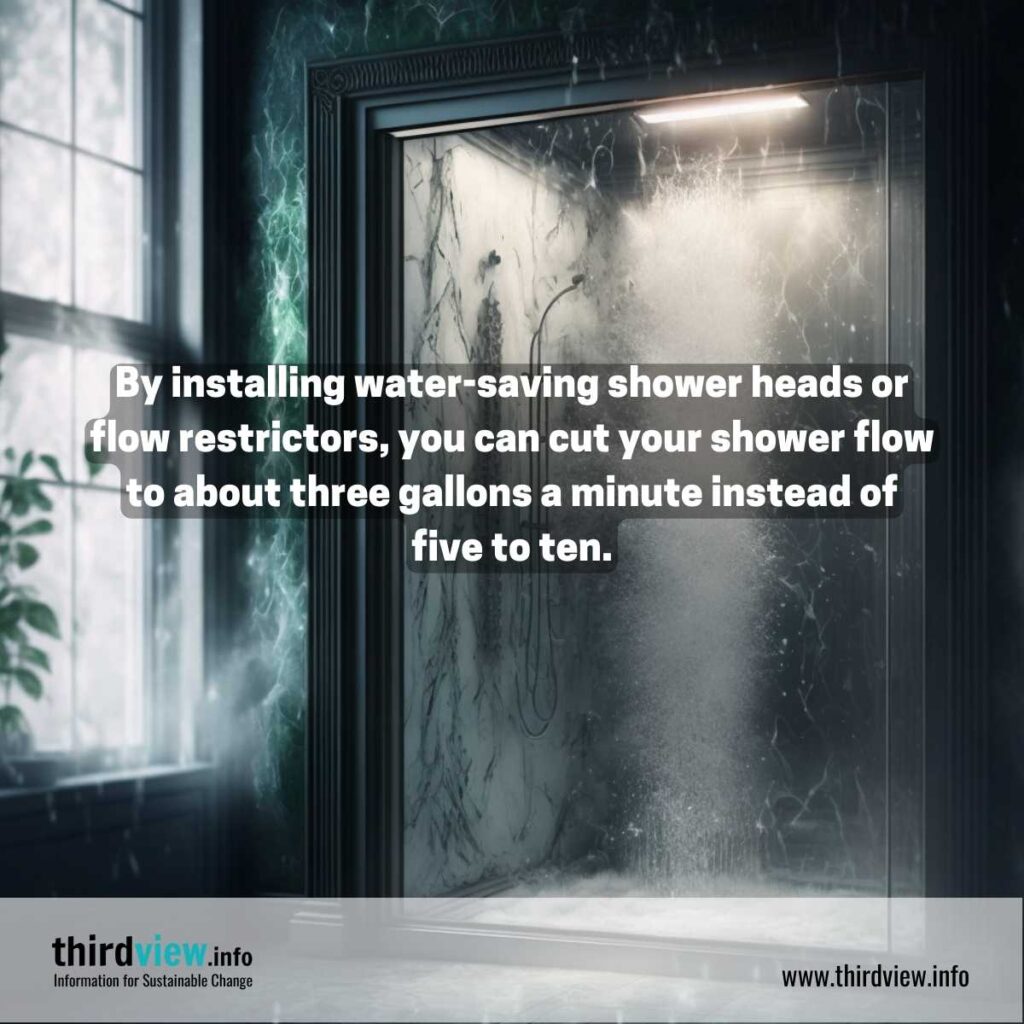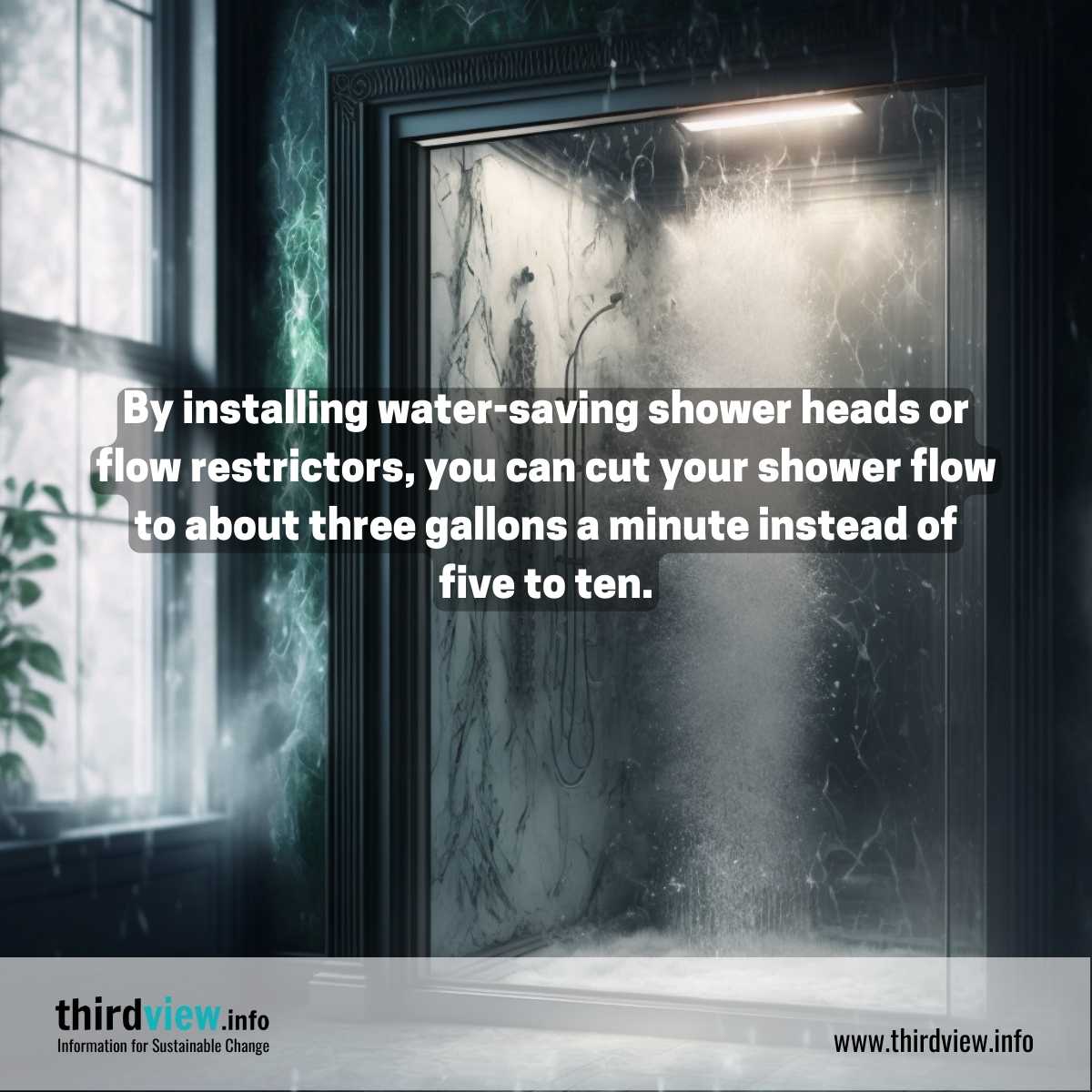Water is an essential resource for human life, but it’s also a limited resource. The average person uses over 100 gallons of water a day, with much of that water going to waste. It’s essential that we do our part to reduce water waste in our homes in order to protect this precious resource. Let’s break down the importance of reducing water waste and some easy ways to start conserving water today.
Why Is Reducing Water Waste Important?
Reducing water waste is important because it helps conserve water resources, which are essential for our everyday lives. We use water for drinking, cooking, bathing, cleaning, and even growing food. When we waste water, it can put a strain on our environment, leading to water shortages, degraded water quality, and increased water pollution. Conserving water also helps us save money, as it is often expensive to acquire and treat water. Reducing water waste can help ensure that there is enough water for everyone now and in the future.
Water-Saving Showerheads and Faucets
One of the easiest ways to reduce your water waste is by investing in low-flow showerheads and faucets. These devices use less than half the amount of regular plumbing fixtures, saving you money on your monthly water bills while still providing you with a comfortable shower or sink experience. Many municipalities even offer rebates for purchasing these energy-saving fixtures.
Collect Rainwater
Another great way to conserve water is by collecting rainwater in buckets or tanks and using it for watering your lawns, gardens, and flowerbeds. Why waste perfectly good drinking water on things like plants when there’s already an abundance of free rainwater falling from the sky? Collecting rainwater can also save you money on your monthly water bills.
Consider Artificial Turf or Other Alternatives
Artificial turf has become increasingly popular over the years as an alternative to natural grass lawns because it requires very little maintenance and uses significantly less water than its natural counterpart. If artificial turf isn’t quite what you had in mind, consider other alternatives such as drought-resistant plants or native vegetation that require less watering than traditional grasses.
Reducing our water waste can help ensure that we have enough clean drinking water for years to come. By making simple changes such as installing low-flow showerheads, collecting rainwater, or switching out traditional grass lawns with artificial turf or other alternatives, we can all play an important role in conserving this precious resource. Making small changes today may seem insignificant now but will go a long way towards ensuring a sustainable future for everyone.


